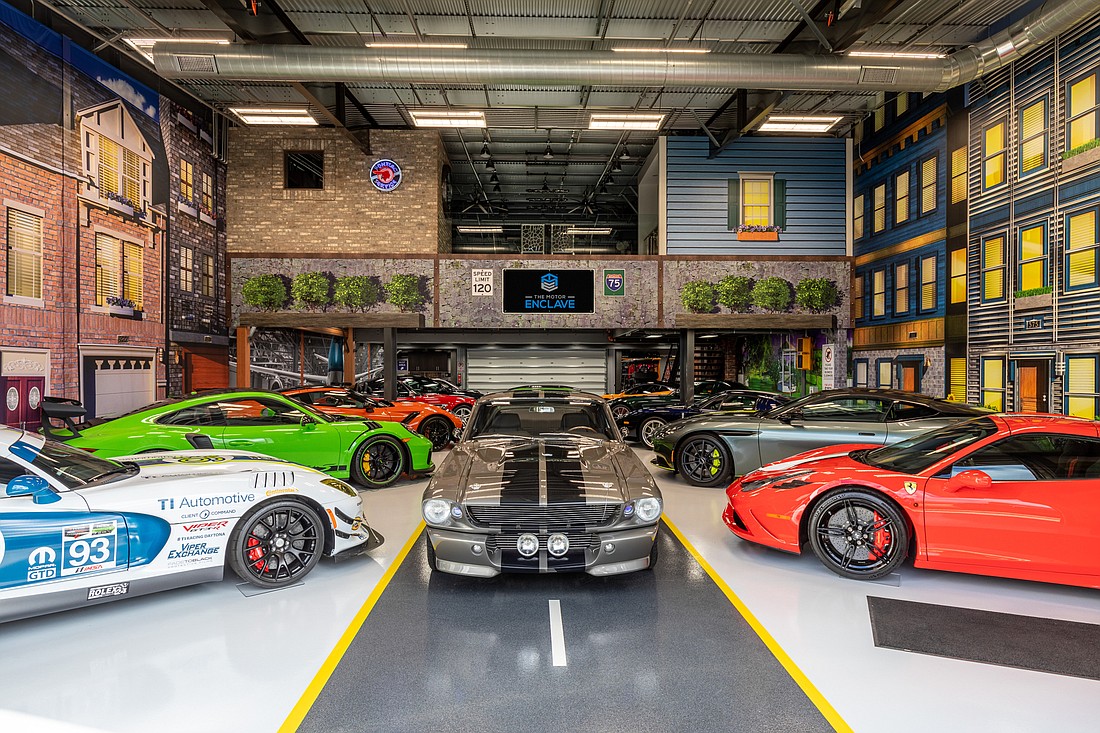- December 15, 2025
-
-
Loading

Loading

When you look back at the history and culture of the United States in the second half of the 20th century, it’s hard to imagine anything more iconic than the automobile. It represented innovation, freedom, growing up.